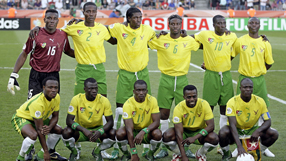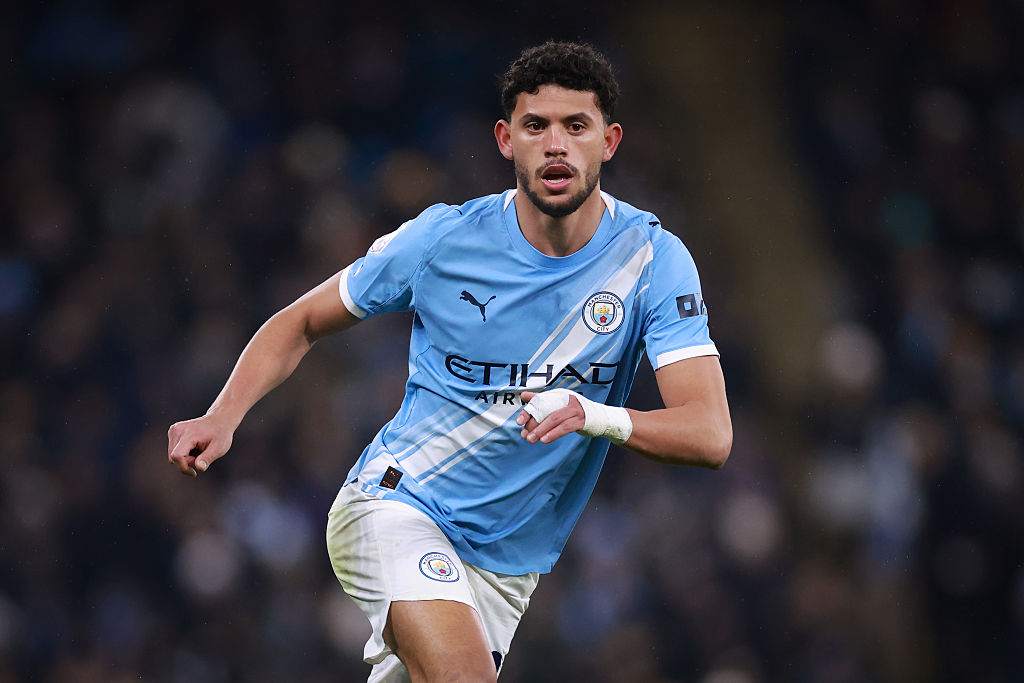
Togo captain Emmanuel Adebayor, who was on the bus but escaped unharmed, said his team might quit the African Nations Cup, where some of football's most valuable stars are due to play.
A shaken Adebayor, who joined Manchester City for a reported 25 million pounds last year, also decried the blow to Africa's image in the year when South Africa hosts the World Cup.
The bus had just entered the Angolan enclave of Cabinda, where separatists have waged a three-decade long war, when it came under heavy gunfire for several minutes, the team official said.
An Angolan minister called the attack in Cabinda, which produces most of Angola's oil, an "act of terrorism."
Many of the players at the tournament are with clubs at the top level of European football including Adebayor, Cameroon forward Samuel Eto'o of Inter Milan and Chelsea's Ivory Coast striker Dider Drogba.
A separatist group, the Front for the Liberation of Enclave of Cabinda (FLEC) claimed responsibility for the attack, which happened two days before the start of the 2010 African Nations Cup, Africa's most-followed sporting event.
"This operation is just the start of a series of planned actions that will continue to take place in the whole territory of Cabinda," said the statement seen by Reuters and signed by FLEC's secretary general Rodrigues Mingas.
The best features, fun and footballing quizzes, straight to your inbox every week.
SAFETY OF PLAYERS
The organisers, the Confederation of African Football (CAF), said the tournament would go ahead despite the attack.
"Our first priority is the safety of the players but the tournament will go ahead," CAF spokesman Suleimanu Habubu said in Luanda.
However, Adebayor cast doubt on Togo's participation.
"As the captain of my national team I can say that if the security is not sure then perhaps we will be leaving tomorrow (Saturday)," the former Arsenal striker told BBC World Service.
"It is a football game and one of the biggest tournaments in Africa but I don't think people are ready to give their lives," he said.
"A lot of players want to leave. They have seen death and want to go back to their families."
The attack comes five months before South Africa becomes the first African nation to host the World Cup.
"We keep repeating (that) Africa, we have to change our image if we want to be respected and unfortunately that is not happening," said Adebayor.
"We have a chance to organise ... one of the biggest tournaments in this world which is the World Cup, and can you imagine what is happening now?"
Worries surrounding the World Cup focus on South Africa's high rate of common crime, rather than political instability as in Cabinda, although security will be tight due to the risk of terrorism that all major sporting events face.
CAF said senior officials would fly to the area on Saturday.
The Angolan government said it would beef up security so that the tournament, due to run from January 10-31 in four provinces including Cabi
 Join The Club
Join The Club





